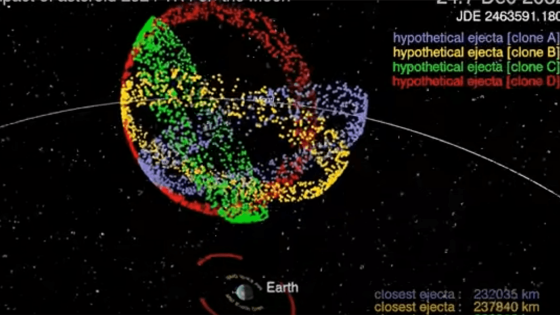The recent retraction of the arsenic life study has reignited discussions about the nature of scientific claims. In 2010, the study suggested that the bacterium GFAJ-1 could incorporate arsenic into its DNA, a groundbreaking assertion that challenged our understanding of life. However, by 2025-07-26 00:26:00, the journal Science announced the retraction, citing significant flaws in the data analysis.
- 2010-2011 backlash against arsenic life claims
- 2025 retraction of controversial study announced
- Critics question timing of the retraction
- Authors defend original paper against retraction
- Science's retraction criteria have evolved
- Dispute over data interpretation, not fraud
This decision has sparked a mix of support and skepticism within the scientific community. While some critics applaud the retraction, others question the timing and the implications for scientific discourse. Notably, the original authors stand by their findings, arguing that the data were valid and peer-reviewed.
This controversy raises essential questions about how scientific debates should unfold. Should editors have the final say on retractions based on subjective interpretations? Consider these points:
- Scientific standards have evolved since 2010, now including serious flaws beyond misconduct.
- Critics argue that discussions should remain within the literature rather than rely on editorial decisions.
- The original authors maintain their data’s validity despite the retraction.
- Interpretation of data can vary, complicating the decision to retract a study.
As science progresses, it is vital to foster open dialogue and rigorous scrutiny to ensure that groundbreaking discoveries are both accurate and reliable. Will this retraction influence how future studies are conducted and evaluated?

































